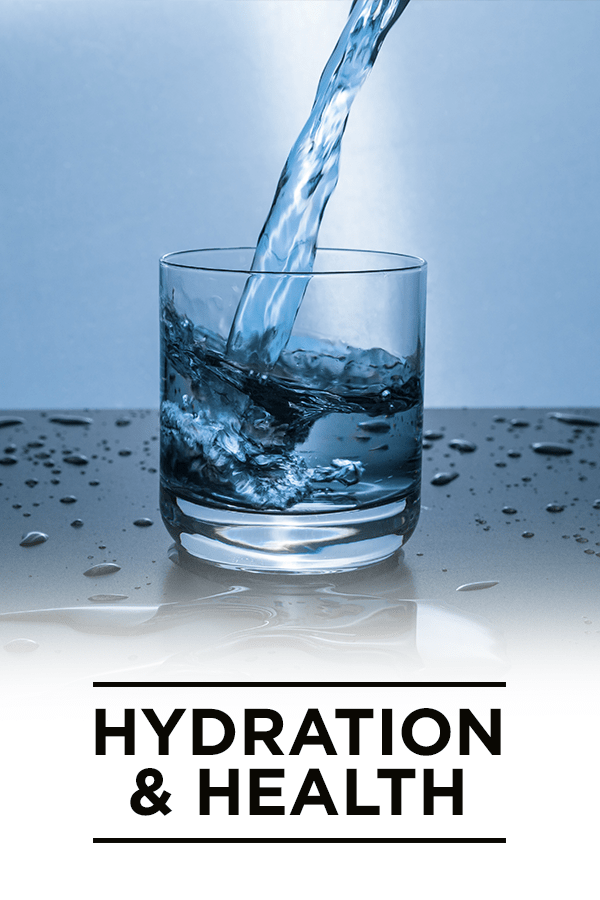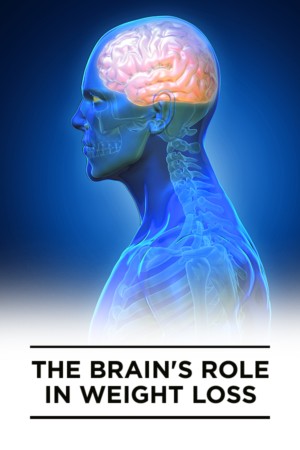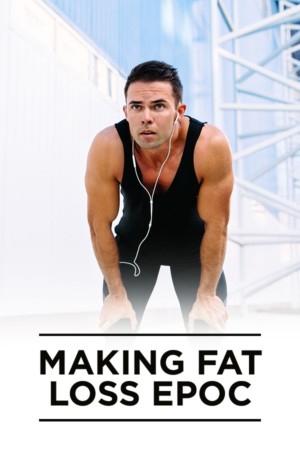Why hydration is important
Hydration is one of the most crucial cornerstones of weight loss for many reasons. Water allows you to burn calories efficiently, it flushes the byproducts of fat burning from your system, and it helps you differentiate between hunger, cravings, fatigue, stress, and thirst.
Calories from drinks account for 21 percent of the average American’s intake. Imagine being able to cut out more than a fifth of your daily calories by switching to exclusively water. If the taste of water is a block for you, there are plenty of no-calorie flavorings out there, so give them a shot.
When you’re feeling hungry…
You might actually be thirsty. The same area of your brain is responsible for receiving signals for hunger and thirst: in a food-addicted, perpetually-dehydrated society like ours, it isn’t uncommon for us to think we’re hungry when we’re actually thirsty.
If you’re not sure which is which, down a full glass of water and wait fifteen minutes. If feelings of hunger disappear, you’ve resolved the issue. If they persist, then you know you’re hungry—but now you’ve put eight ounces of liquid into your stomach, meaning you won’t be as tempted to overeat.
This is an excellent strategy to use whenever you’re going to be eating out with others. Whether it’s a dinner date with friends or a working lunch, drink a glass or two of water in the half hour before you head to the restaurant. You’ll feel fuller, order less, and will be much less likely to consume more than you need.
Being hydrated assists weight-loss goals
When you’re hydrated, your body is able to flush out the byproducts of your fat-burning efforts efficiently. Getting rid of waste effectively is crucial for your body’s proper operation, and your dieting goals will always be inhibited if you’re operating at a suboptimal level of performance.
A Virginia Tech study1 split 48 adults into two groups and followed them over 12 weeks. Both groups were assigned the same calorie-restricted diet, but one group had to drink two glasses of water before each meal. After just three months, the participants in the water group had lost an average of five pounds more than the group on an identical diet with less water.
Cold water will also slightly increase your metabolic rate because the body has to burn energy to heat the water up to your core temperature. Drinking two glasses of ice water per day will burn an extra 23 calories2; while this might not seem like much, it adds up—over the course of a year, that’s 2.5 lbs of fat.
Hunger, cravings, fatigue, stress, and thirst
All of these emotions can trigger experiences that feel like hunger. Here are some tips for maximizing hydration while limiting emotional or unnecessary eating.
- Drink enough water. You should be drinking half of your body weight in ounces of water (so if you weigh 200 lbs, you should be consuming 100 oz) every day.
- Eliminate sugary beverages. If you need coffee in the morning, go with bulletproof coffee and a sweetener that doesn’t elevate your glycemic index (such as erythritol or monk fruit).
- Minimize drinking caffeinated beverages. Coffee and tea, even if they’re unsweetened, have a diuretic effect and can dehydrate you. You need to drink at least one cup of water for every cup of coffee or tea you have just to break even—those ounces get added to the recommended amount listed above.
- Drink water proactively. If you ever actually feel thirsty, you’re behind the curve and are already dehydrated. Your urine should be mostly clear with only a slightly yellow tint; any darker than that, and you need to start drinking more.
- Always drink water first. If you’re feeling anything that resembles hunger, start with water, wait fifteen minutes, then reevaluate.
The difference between hunger and cravings
Know the difference between hunger and cravings. The former is a physical response to a need for nutrition, while the latter is primarily a psychological response to something you love or makes you feel better. Hunger typically occurs gradually, and you can feel it increase over several hours. Cravings usually come on suddenly, cause you to fixate on a specific food, and demand to be satisfied immediately.
If you intensely desire to eat something, drink water and then do something to distract yourself until the feeling passes. Contrary to what you might think, don’t eat something else. You might not actually be hungry, and if you have a craving, eating something else won’t satisfy it. In fact, you’ll likely want to keep eating in a vain attempt to get rid of the craving, unnecessarily increasing your caloric intake.
Water isn’t a miracle weight-loss drug, but it is an absolute cornerstone of health and dieting. If you want to achieve your goals, stay hydrated!
NUTRITIONAL DISCLAIMER
The content on this website should not be taken as medical advice and you should ALWAYS consult with your doctor before starting any diet or exercise program. We provide nutritional data for our recipes as a courtesy to our readers. We use Total Keto Diet app software to calculate the nutrition and we remove fiber and sugar alcohols, like erythritol, from the total carbohydrate count to get to the net carb count, as they do not affect your blood glucose levels. You should independently calculate nutritional information on your own and not rely on our data. The website or content herein is not intended to cure, prevent, diagnose or treat any disease. This website shall not be liable for adverse reactions or any other outcome resulting from the use of recipes or recommendations on the Website or actions you take as a result. Any action you take is strictly at your own risk.
- The Brain’s Role in Weight Loss - March 11, 2019
- Making Fat Loss EPOC - March 8, 2019
- Overcoming Plateaus - March 6, 2019




